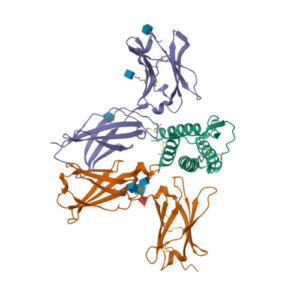Protein-protein interactions (PPI) stand at the heart of numerous metabolic pathways and signaling networks, intricately linked to various diseases, marking them as prime targets for therapeutic intervention. Despite their significance, these interaction have eluded drug discovery due to their complexity and transient nature of the interface interactions. Professor Saha and his team have developed new computational methods to simulate protein-protein interactions paving the way to new approaches to identify protein-protein inhibitors.

The catalyst grant, provided by the UWM Research Foundation, supports Prof. Saha to further our understanding of PPIs through a novel computational strategy. This strategy centers on developing a machine learning algorithm capable of predicting PPI binding free energies and a quantum chemistry and molecular dynamics-driven methods for mapping out the multidimensional free energy landscapes to decipher the intricate dynamics in PPIs. These landscapes will reveal the subtle conformational shifts in PPIs, aiding in the identification of the global minimum structures—a feat often unachievable through experimental techniques alone. These structures will serve as foundations for the discovery of small molecules and antibodies targeting various PPIs. By providing a comprehensive software solution for PPIs, he envisions paving the way towards novel therapeutic strategies for a variety of diseases currently lacking effective treatments.